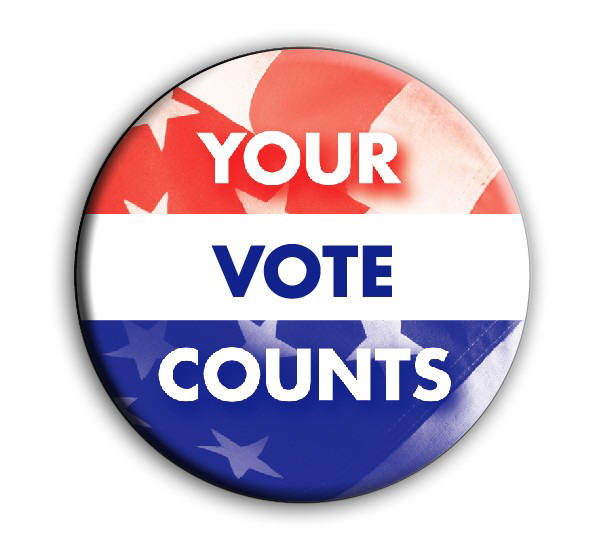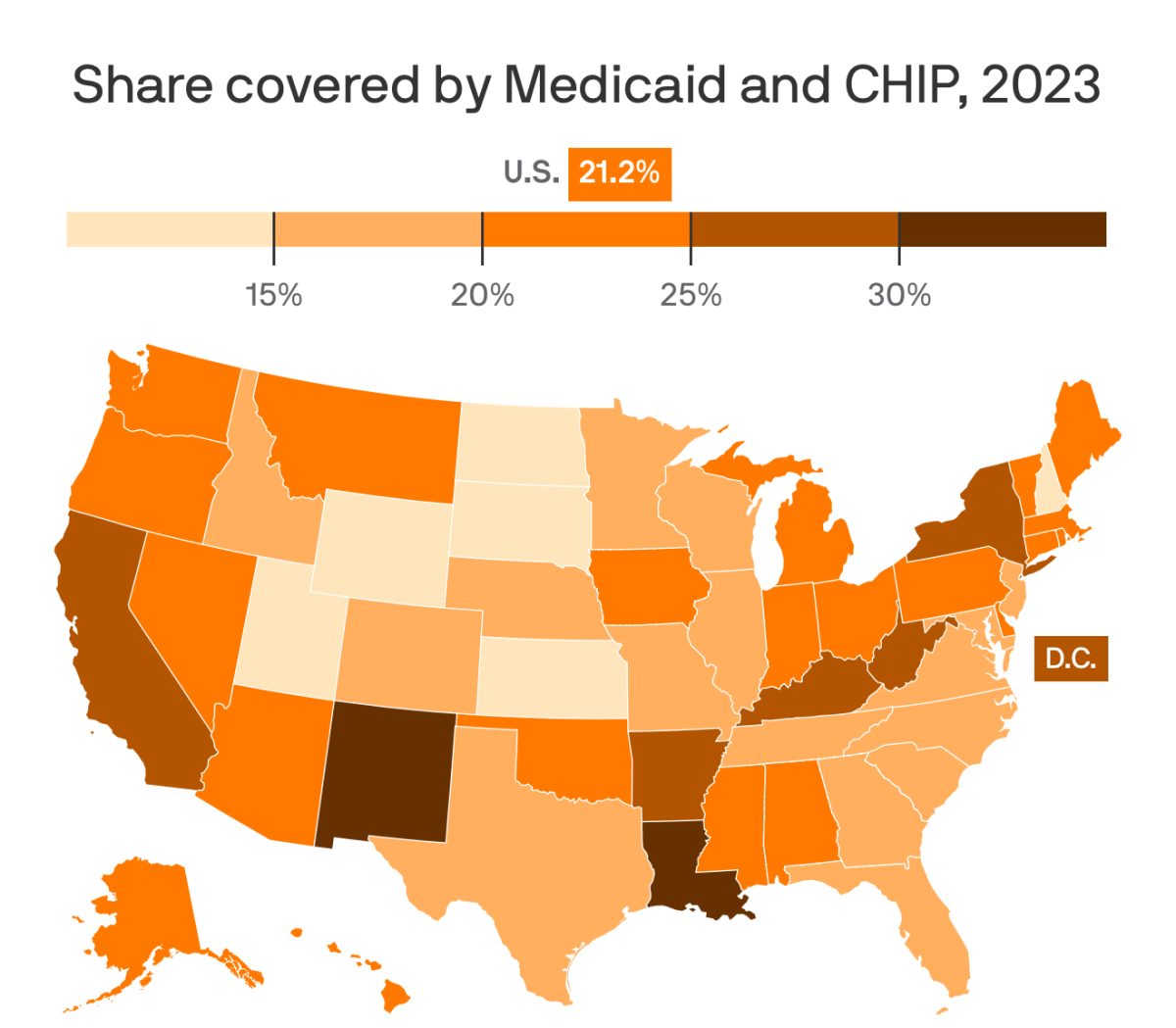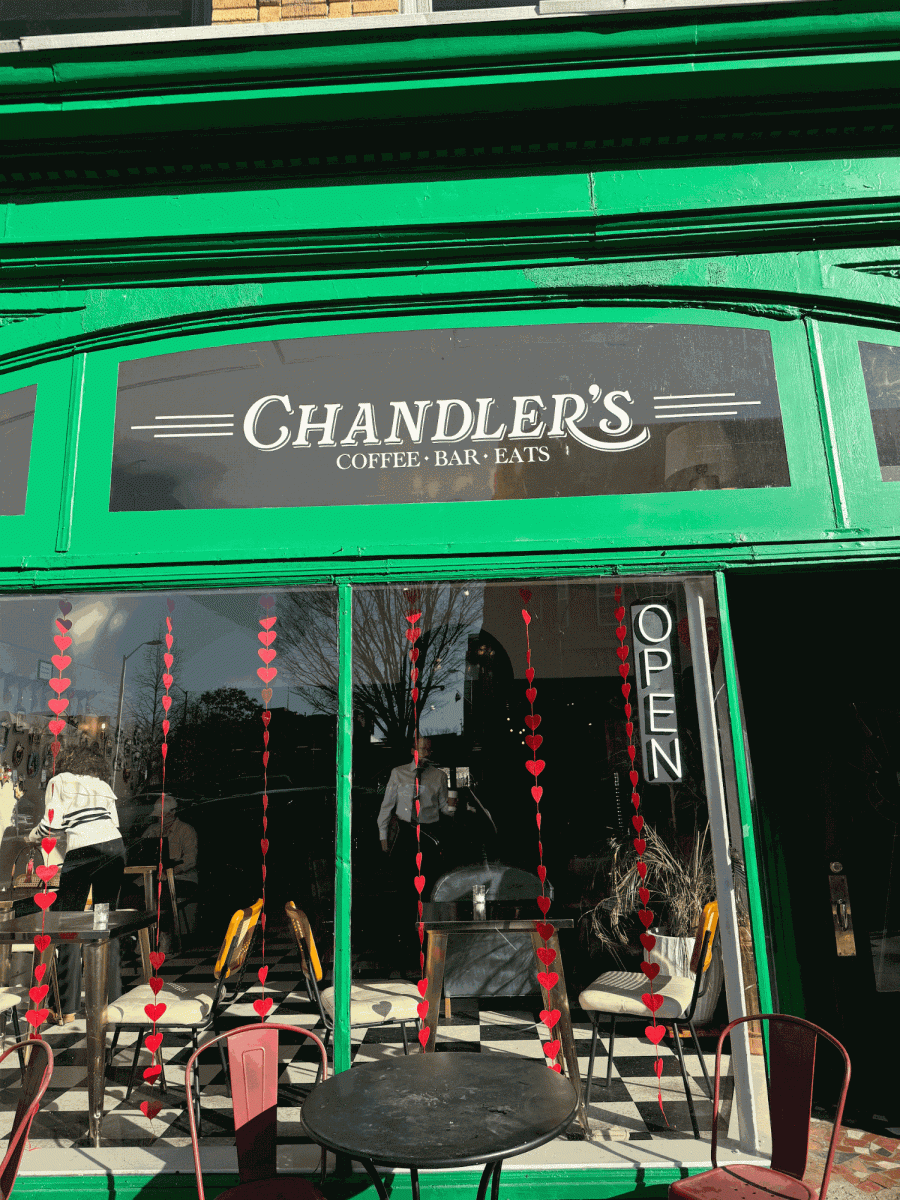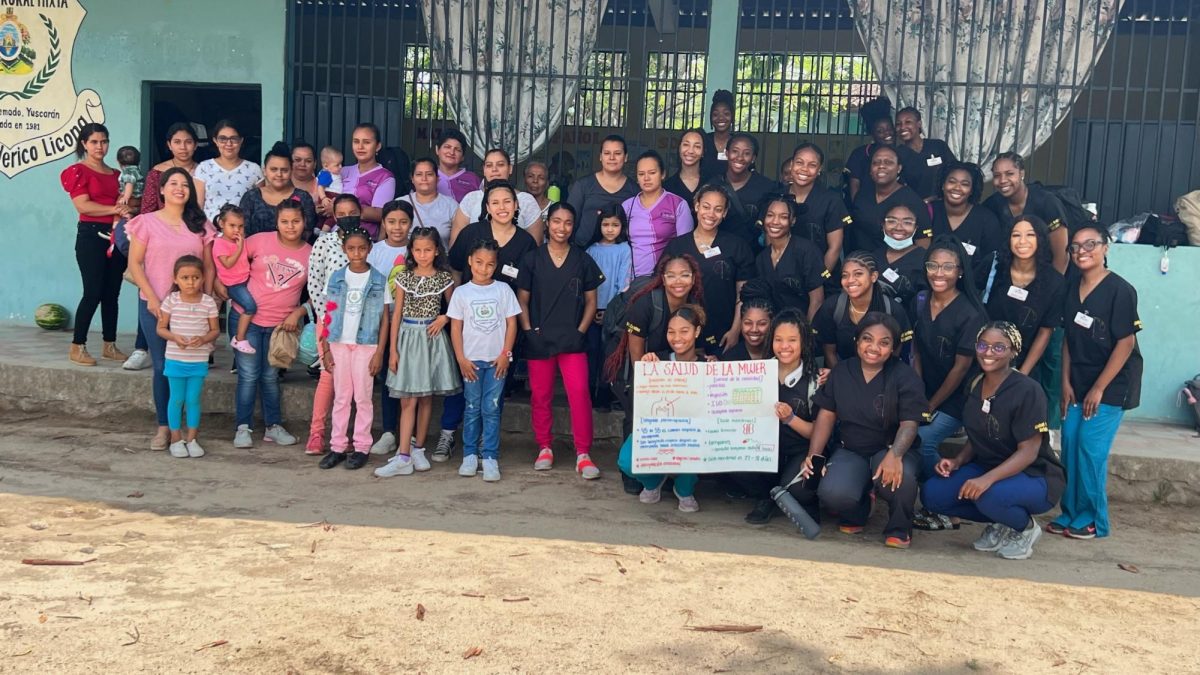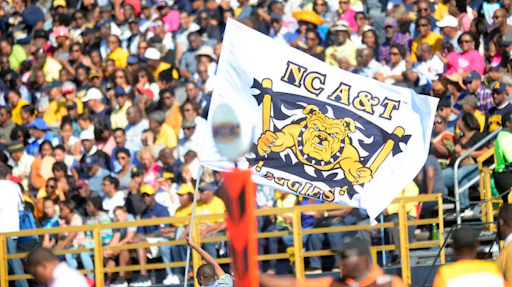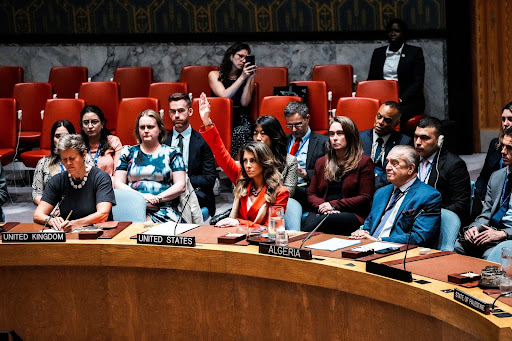As a bevy of voter suppression measures confounds some of the citizens of North Carolina, faculty at North Carolina’s Historically Black Universities have continued educating their students on the importance of making their voices heard at the ballot box.
A federal court ruled, in 2016, that North Carolina lawmakers’ previous decision requiring voters to provide photo identification was a way to suppress minorities. The same court found the North Carolina General Assembly, led by Republicans, intentionally drew state districts in a way to limit the power of the Democratic vote in the state — gerrymandering.
Democratic politicians used similar tactics in Maryland to tamper with the impact of the Republican party in the state. The result of this process causes people to travel long distances to vote and splits votes within a district. In an extreme example, the state’s General Assembly previously split parts of North Carolina Agricultural & Technical State University into the state’s sixth and thirteenth congressional districts.
Requiring government-issued identification to vote may have suppressed the minority vote in North Carolina for the 2016 presidential race because many don’t have government-issued identification. For example, the American Civil Liberties Union estimates one-quarter of Black Americans at voting age lack government-issued photo identification.
Voters may also distrust the electoral process more this election because of false statements made by President Donald Trump. The president has said that he wanted the U.S. Supreme Court to change the electoral process.
Fayetteville State University political science professor Ngozi Kamalu believes that the environment for new voters this election is unique because of the president’s direct involvement in undermining the electoral process.
“What makes this election different is the negative involvement of the president,” Kamalu said. “The president wouldn’t be involved in promoting that. Right now, President Trump is openly claiming that the election will be rigged if he doesn’t win.”

GWENDOLYN BOOKMAN
Gwendolyn Bookman, a political science professor at Bennett College, echoed with a similar point. She said that she has never seen an administration discredit the electoral process while blatantly permitting white supremacy.
”I have seen political campaigns and I have experienced various administrations. This experience of the Trump administration has really activated my realization of how important the head of our government is,” Bookman said. “From what I’ve seen, Trump has given permission for the unleashing of some very unfortunate attitudes.”
Additionally, Anatasia Horton, a political science professor at North Carolina Agricultural and Technical State University, believes this election is different because of social media’s influence.
“I think, for young voters, a lot of social media is playing a part on how to decide who to vote for and what view they should look at,” Horton said.
Bookman believes these unprecedented times have actually provided plenty of real-time situations that help illustrate the importance of legislation and voting to students.
“What I have found that has been a little bit of a challenge for me these last two semesters is really honing in on what is happening in actuality and helping my students understand the things that under ordinary circumstances they would have only read in a textbook such as presidential impeachment or the appointment of a Supreme court justice,” Bookman said.
In addition to using real-time situations, Horton believes the key to voter education is to give students various ways to research candidates on the ballot since there are so many outside influences.
“The key to voter education is to help students understand how to research and learn more about their candidates because I think that whatever we see on social media and news media influences our votes,” Bookman said.
Kamalu believes voting is the most meaningful way to make a change. He believes that if everyone were to cast their votes, the election would be relatively clear.
“When Mrs. Clinton ran for president there were a lot of people in the African American community who didn’t vote,” Kamalu said. “The lesson here is that all of our votes matter. If everyone votes, the outcome may be predictable. Our votes matter no matter what the president says.”
Bennett College promoted voting this semester via campus involvement, according to Bookman.
“At least for this year, there is a leadership program that focuses on voter activism. The concept of voter activism is incorporated into a number of programs that we do,” she said. “Like N.C. A&T, Bennett has to do a constitution day program every year that is mandated by the federal government on Sept. 27. For the last two years, the program has focused on civic engagement.”
Bookman believes students should have no qualms about voicing their opinions at the ballot box, and their actions will have consequences whether they realize it or not.
“If you don’t vote, you don’t count. If you don’t vote, then somebody is voting and is going to speak for you even if you are not speaking for yourself,” said the Bennett College political science professor.
However, Horton believes voting for the presidential election is just one part of the equation.
“There’s more than the presidential election. There are other issues that affect us locally,” Horton said.
She also advises students to vote for the politicians who support their issues and hold those politicians accountable locally and federally if students want to make a meaningful change.
“I think a lot of people think they are out of touch to those that will represent us in the future. I think students will just need to grab a hold of that — their attention — and hold people accountable if they want to be in office,” she said.

